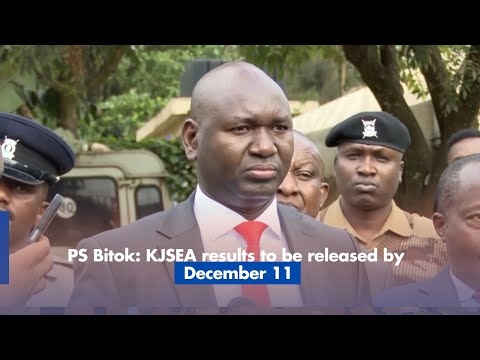About 55, 000 children suffering from multiple and complex disabilities have benefited from a three-year health programme in Kwale county.
The programme, Sense, started in 2020, is sponsored by Sense International Kenya in partnership with the Kwale county.
It has so far given free treatment, therapy and assistive devices to 180 people in Msambweni County Referral Hospital and Kwale Subcounty Hospital.
Sense is the first programme to provide screening and audio-visual services to children of zero to four years in public hospitals.
Before its launch, most parents were unable to identify visual and hearing impairments at an early age, resulting in permanent disabilities.
Financial constraints also denied them access to medication or therapy services.
Cases of stigma were also high as the disabilities were associated to witchcraft and curses.
Sense has however, reversed the trend. It has restored dignity and brought hope to parents.
Sense International programme manager Daniel Musango said they chose Garissa and Kwale counties due to their high poverty and disability levels.
The organisation has established early screening clinics in the counties to support children with severe disabilities and cushion parents from the burden of seeking quality health services.
"The programme is designed to provide early interventions and manage the conditions," Musango said.
Some of the conditions managed in the facilities include cerebral palsy, down syndrome, impaired vision and hearing disability.
The severely affected children are subjected to treatment and home therapies and are given assistive devices to help with recovery.
Some of the devices include tablets, wheelchairs, hearing gadgets and glasses.
The tablets have tutorial videos for body therapy, feeding programmes, sign language and entertainment.
Health workers are supported with motorbikes to enhance outreach programmes.
The programme also provides vocational training and livelihoods programmes for PWDs.
Musango said they are currently looking forward to extending the programme to Kinango, Samburu and Lunga-Lunga in Kwale due to high demand.
Kwale Hospital Occupational Therapist Dr Eric Abong'o said the programme is part of the 2030 vision of promoting better quality healthcare services to Kenyans.
He said Sense has seen many parents in Kwale seek medical services for their children.
Abong'o said the programme trained at least 300 health workers, including clinicians, occupational therapists and community health promoters on service delivery.
He said the project involved awareness programmes that prompted many parents to take their sick children to hospital for treatment.
Abong'o said the programme boosted general health because infant disability could be detected at birth corrected in the early stage and properly managed before becoming serious.
"Children have been receiving early diagnosis and in many cases, the problem does not progress to permanent disability," he said.
Harriet Mwanza, a beneficiary, said she is happy that the programme helped her four-year-old child recover.
Her child who suffers from down syndrome and could barely sit or stand before she joined the programme.
He can now sit upright and balance himself after a three-year therapy.
Mwanza said the child's mental health is also developing adding he can speak some words and do various body movements with stability.
"The programme has been a blessing to me and I am happy that my child is doing well. I didn't pay a single penny for my baby's treatment," she said.













